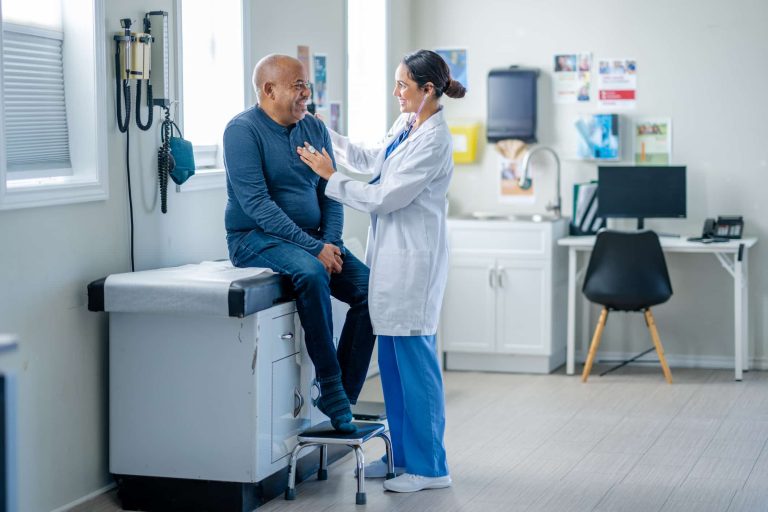After programming the device, the system turns on when the patient lies down to rest during their normal sleep time. Dr. John Catanzarothe head of the cardiology division at East Carolina Heart Instituteconsiders the remedē system to be an important option for patients with ASC. “This treatment is very low risk and phrenic nerve stimulation is a contemporary option for patients with ASC who have not responded well to other therapies,” he said.
Patients undergo a selection process at ECU Health Sleep Center to determine their eligibility for the procedure. After implanting the device, the surgical team tests it to make sure it works and the patient has no side effects. Once the implant site has healed, the Sleep Center team takes over to determine how to administer therapy and restore the patient’s sleep patterns.
Bringing this technology to ECU Health required collaboration between professionals from different disciplines, including Dr Zia Rehmanthe medical director of the Sleep Center, Dr Rajasekhar Nekkanticardiologist, professor and director of the Cardiology Fellowship and Dr. Sam Searsprofessor in the Departments of Psychology and Cardiovascular Sciences at ECU and an expert in psychological care and quality of life for patients with implantable defibrillators.
The fact that the remedē system specifically treats ASC is an important distinction, especially since ECU Health is now the only location in North Carolina other than Winston-Salem to offer the procedure. This will provide care to a significant population and result in an overall improvement in patient quality of life while reducing hospitalizations – accomplishments that align with ECU Health’s mission and values. “We want ECU Health to be a leader in health care for the state of North Carolina and beyond,” Dr. Rehman said.
The intention is for the program to treat 12 to 15 patients in the first year, with a goal of serving 35 to 40 patients per year thereafter. To learn more about sleep apnea, including using remedē as a treatment option, visit https://healthlibrary.ecuhealth.org/Search/85,P01301.


